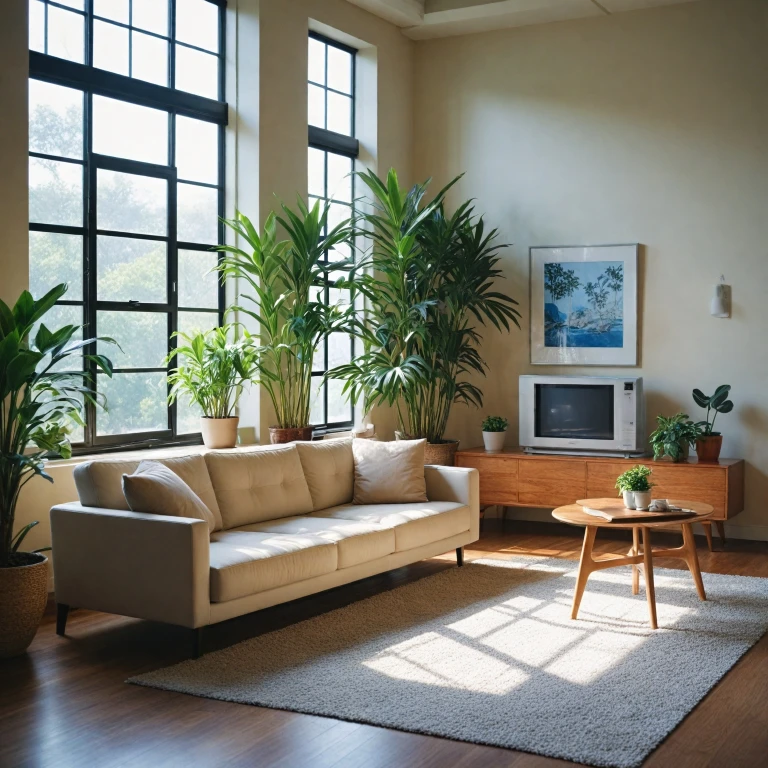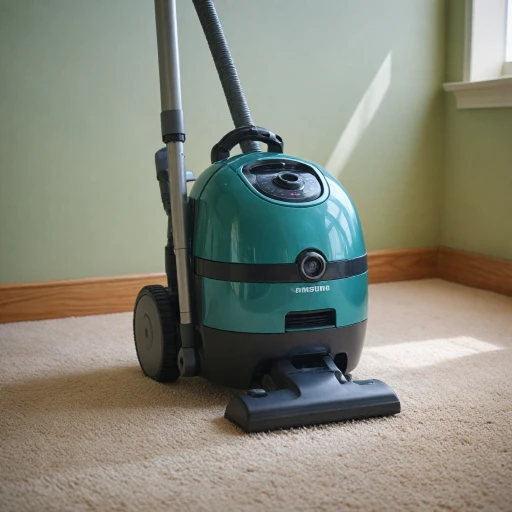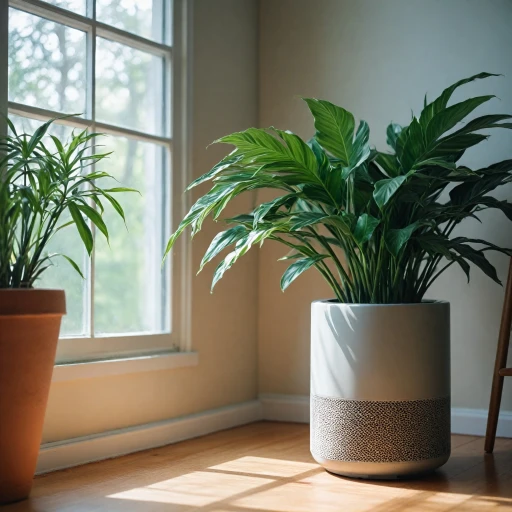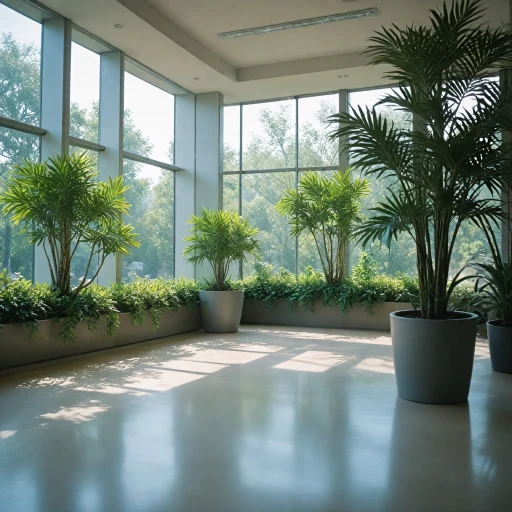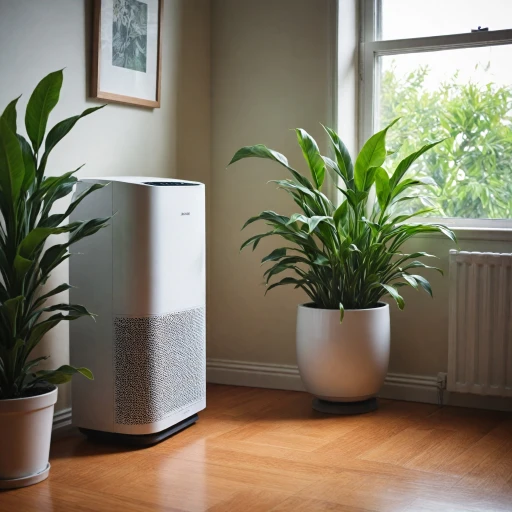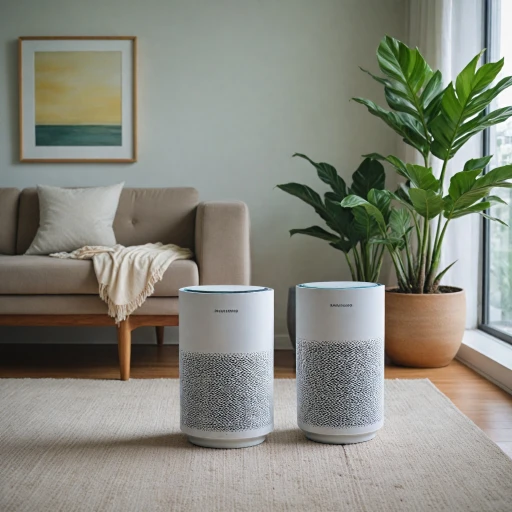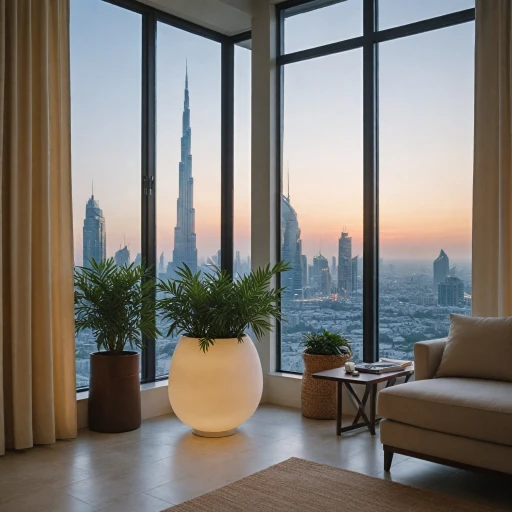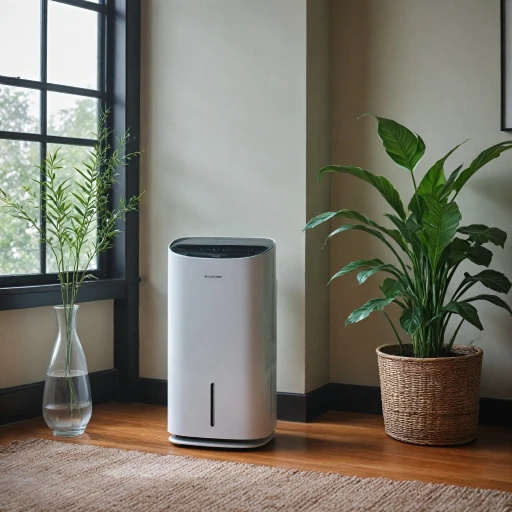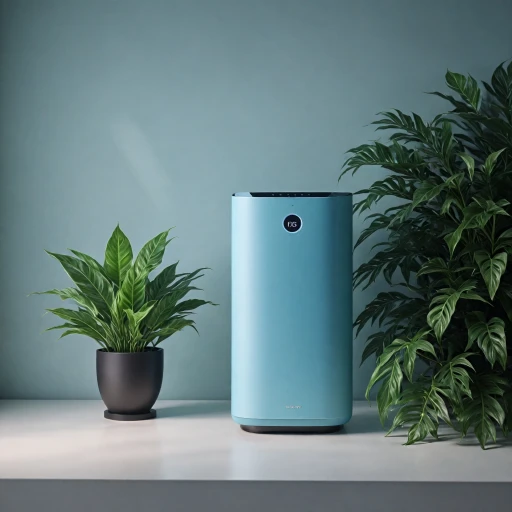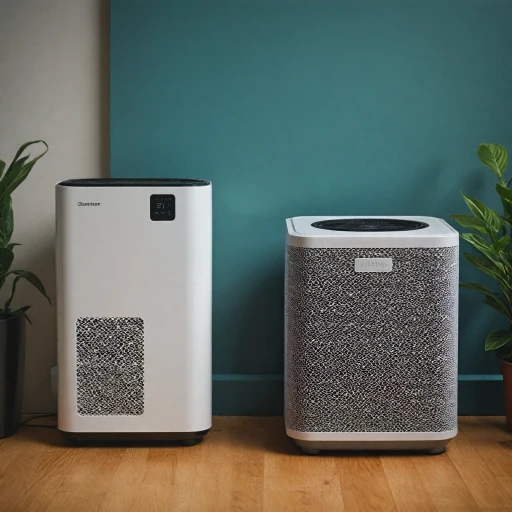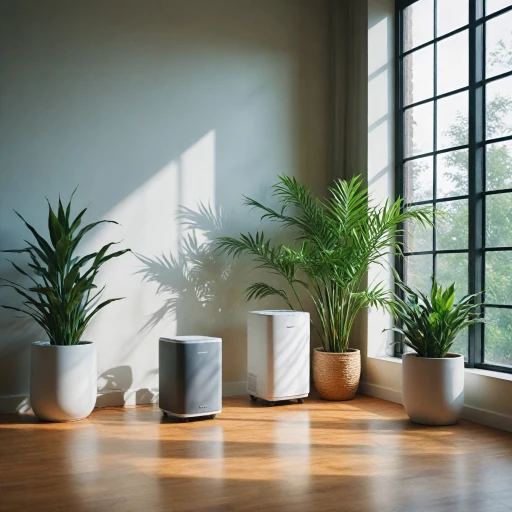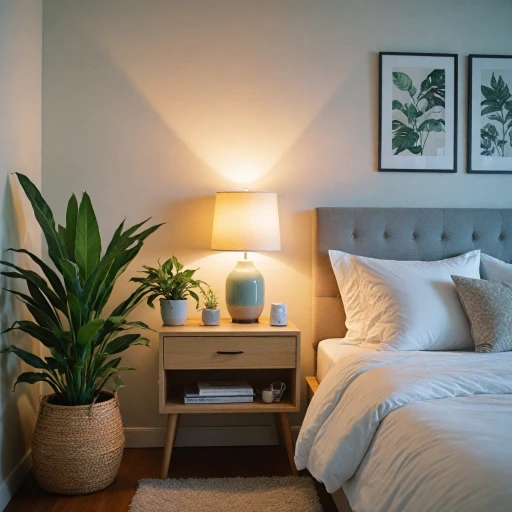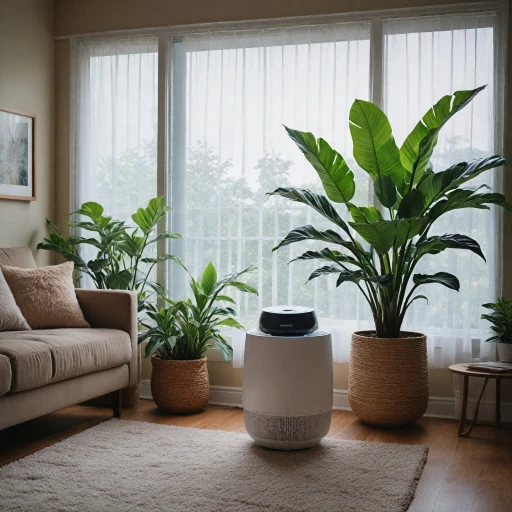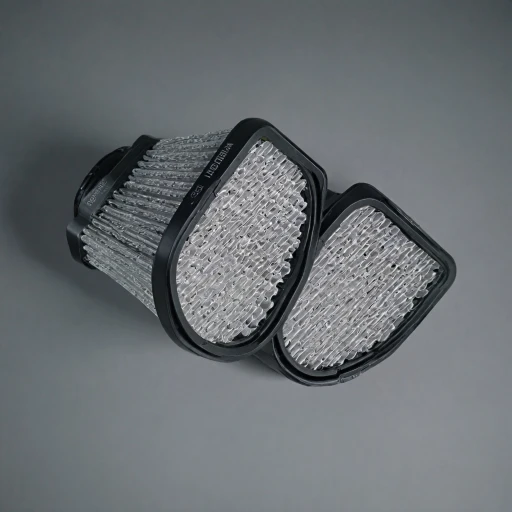
Understanding HEPA Filters
Demystifying HEPA Filters
HEPA, an acronym for High Efficiency Particulate Air, refers to a specific type of air filter designed to trap the majority of particles measuring 0.3 microns or more. Commonly used in air purifiers, these filters are recognized for their capability to improve indoor air quality significantly. When integrated with air conditioning systems, these filters not only cool the air but also enhance air purification, making them versatile solutions for maintaining a healthier environment.
The key function of HEPA filters is their high-performance particle capture. By incorporating pleated air filters within the unit, efficiency drastically improves. Air conditioners equipped with HEPA filters thus deliver dual benefits; they not only provide the usual cooling and conditioning expected from these systems but also contribute to significantly improved air quality.
Most commercial HEPA filters include additional features like activated carbon layers, which target odors and volatile organic compounds (VOCs). By removing not only particles but also harmful gases and smells, these filters address a common concern for those seeking comprehensive air treatment solutions. MERV ratings, too, play a crucial role in identifying the effectiveness of air filters, with higher values indicating better filtration capability.
For those shopping for products, whether on Amazon, during a sale, or at regular outlets, understanding the efficiency and longevity associated with HEPA filters is key to making informed decisions amidst the variety of products and unit price variations available. These considerations, along with others touched on throughout this article, can guide consumers in selecting an air conditioner or purifier that best meets their needs and budget.
Benefits of Air Conditioners with HEPA Filters
Advantages of Incorporating HEPA Filters in AC Units
When you equip an air conditioning unit with a HEPA filter, you elevate its capability to enhance indoor air quality significantly. Here are some benefits that make this combination particularly appealing:- Superior Air Quality: HEPA filters are recognized for their ability to trap a vast majority of airborne particles, including dust, pollen, and pet dander. This results in cleaner and healthier indoor air for you and your family.
- Efficient Cooling and Filtration: With a HEPA filter in place, your air conditioner can efficiently cool and purify the air in one system. By addressing both comfort and air quality, you get a dual-function product that optimizes your indoor environment.
- Allergen Reduction: Individuals with allergies or respiratory issues will find relief as HEPA filters are adept at removing fine particles that often trigger allergic reactions or exacerbate asthma conditions.
- Enhanced System Longevity: Regularly using HEPA filters can extend the lifespan of your air conditioning system. By capturing contaminants that might otherwise accumulate, they help maintain optimal function and efficiency over time.
- Increased Market Availability: The rise in consumer demand has led to a wide variety of brands and models offering HEPA-equipped air conditioners at competitive price points. Checking platforms like FintechZoom can provide additional insights into product comparisons and reviews.
Comparing Air Conditioners and Air Purifiers
Weighing Air Conditioners Against Air Purifiers
When it comes to comparing air conditioners equipped with HEPA filters and standalone air purifiers, the choice depends on your specific needs and priorities. Both systems offer unique benefits for enhancing indoor air quality, but they serve different functions and mechanisms. Air conditioners with HEPA filters are primarily designed to cool indoor spaces while also filtering out particles like allergens and dust. This dual-function system can be cost-effective if you're looking to maintain a comfortable temperature and improve air quality simultaneously. However, they might not filter air as thoroughly as dedicated air purifiers, particularly if the unit's primary function is cooling.On the other hand, air purifiers focus solely on cleaning the air. These units often come equipped with HEPA filters, and some models feature additional filtering layers like activated carbon for better removal of odors and VOCs. If your chief concern is air quality, an air purifier might better suit your needs, as it's designed to capture smaller particles and pollutants more efficiently. If you're torn between these options, consider factors such as:
- Purpose: Assess if you need cooling along with air purification or simply a system to improve air quality.
- Space: Determine the size of the area you need to treat. Air conditioning units can cool larger spaces, while air purifiers may be more efficient for smaller rooms.
- Cost: Factor in the regular price, sale price options, and unit price for both systems. Remember to consider the long-term expenses involved, such as the cost of replacement HEPA filters or MERV filter packs.
Installation and Maintenance Tips
Effortless Installation and Care
When you're ready to install an air conditioner with a HEPA filter, you'll find that the process is straightforward, but a few essential steps can enhance the air quality and longevity of your unit. Start by selecting a location in your home where the air conditioning system can cool effectively while maintaining easy access for regular maintenance.- Positioning the Unit: Place the air conditioner for optimal cooling efficiency. Ensure there's adequate airflow around the unit and avoid obstructions like furniture or curtains that might restrict air circulation.
- Proper Sealing: Use weather stripping or caulk around the edges of window-mounted units to prevent air leaks, enhancing indoor air quality. This also aids in increasing the energy efficiency of your air conditioning system, maintaining a consistent MERV rating performance.
Routine Maintenance for Optimal Performance
To ensure that your air conditioner continues to deliver clean, fresh air, regular upkeep is key.- HEPA Filter Replacement: One of the most critical maintenance tasks is regularly replacing your HEPA filters. Depending on your system's usage and the indoor environment, check the manufacturer's recommendations on how often to replace. Investing in a multi-filter pack can be cost-effective.
- Cleaning the Unit: Regularly clean the air conditioner's exterior and, if feasible, the internal components. Dust and debris can accumulate, affecting performance and air quality. Be sure to unplug the unit before any cleaning to ensure safety.
- Professional Servicing: Consider scheduling periodic check-ups with a professional service technician. This can help identify potential issues early and ensure that your air conditioner functions optimally.
Cost Considerations
Investment Considerations: Are HEPA Air Conditioners Worth It?
Deciding on the investment in HEPA-equipped air conditioners involves evaluating various factors such as the price of the unit, maintenance costs, and long-term benefits. Here's a breakdown of what to consider:- Unit Price: The cost of air conditioners with HEPA filters varies significantly. While purchasing options on platforms like Amazon might offer competitive sale prices, it's important to compare against local retailers and check for any current sales or promotions.
- Filter Costs: The quality and type of filters, including MERV ratings and pleated air filters, can influence the overall cost. Regular replacement of HEPA and activated carbon filters is essential to maintain air conditioning efficiency and indoor air quality. Prices for filter packs can add up over time, so consider this in your budget.
- Energy Efficiency: Look for units that not only provide cooling but do so with energy-efficient systems. A higher initial investment in a quality product can result in lower energy bills over time.
- Long-term Benefits: Beyond cooling, these air conditioners contribute to improved indoor air quality by capturing pollutants that typical air filters might miss. This could lead to savings on healthcare costs linked to poor air quality.
Choosing the Right Model for Your Needs
Identifying the Key Factors for Your Purchase
Choosing the right air conditioning unit equipped with HEPA filters calls for a thorough assessment to balance your indoor air quality needs with practical aspects. Several factors can help steer your decision-making process:- Room Size: Consider the volume of the area you intend to condition and clean. Air conditioners vary in capacity, and selecting a unit that matches your room size ensures optimal heating or cooling and effective air filtration.
- HEPA Filter Quality: Verify the specifications of the HEPA filter included with the conditioning system. Higher MERV ratings often indicate finer filtration capabilities. Regularly check if replacement filters, whether in a filter pack or activated carbon variants, are readily available.
- Price Range: Budgeting is critical. Air conditioners with HEPA systems have a wide price range. Comparing unit prices and sale prices on platforms like Amazon can help you find a model that fits your financial plan without compromising quality.
- Features: Look for additional features like cooling options, programmable settings, and energy efficiency ratings that improve comfort and reduce operational costs.
- Noise Level: Given that the unit will run for extended periods, particularly in bedrooms or offices, a noiseless operation is ideal for maintaining a serene environment.
- Warranty and Support: Manufacturers often provide warranties to cover product defects. Evaluate warranty terms and the availability of customer support to ensure long-term usability.

